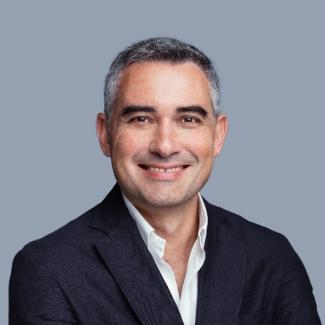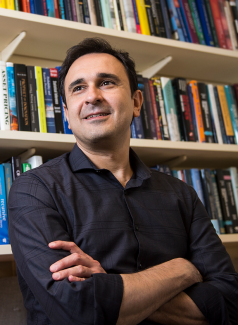Countering Islamic radicalisation in northern Mozambique: Radio campaigning and adolescent sensitisation in religious schools
In recent years, major global violent conflicts have happened in Muslim-majority countries. Of these conflicts, a substantial and increasing share has been related to Islamist insurgents. However, the process of radicalisation and the effectiveness of measures to counteract it are widely understudied. Northern Mozambique is where a substantial discovery of natural gas took place in recent years. Beginning in 2017, a series of violent attacks, mainly targeting civilians, has been happening in this region, resulting in around 300 casualties to date. There are many accounts of mobilisation of youths to join these attacks based on radicalised Islamic beliefs, although there is no record, in recent history, of contentious religious divisions in Mozambique. This provides a unique setting in which sources of radicalisation can be studied.
The topic of radicalisation is central in the public opinion and the political discourse of several countries in the developed and developing world. At the same time, the process of radicalisation, especially in religious schools, and the effectiveness of measures to counteract it are widely understudied.
We study whether radio campaigning and adolescent sensitization in religious schools can help preventing conflict. The project has two main objectives:
- To measure the impact on violence of a radio campaign to be disseminated in Radio Mozambique and the community radios of the province of Cabo Delgado. We are specifically interested in a radio campaign sponsored by local religious organisations who want to detach religion (namely Islam) from mobilisation of young men for violent attacks.
- Aims to understand the radicalisation processes in schools by focusing on interventions in religious secondary schools of Cabo Delgado province. As part of our partnership with the Mozambican representative organizations of Muslims, and given their control of local secondary schools, we gathered their support for several controlled interventions targeting adolescents in these schools.





